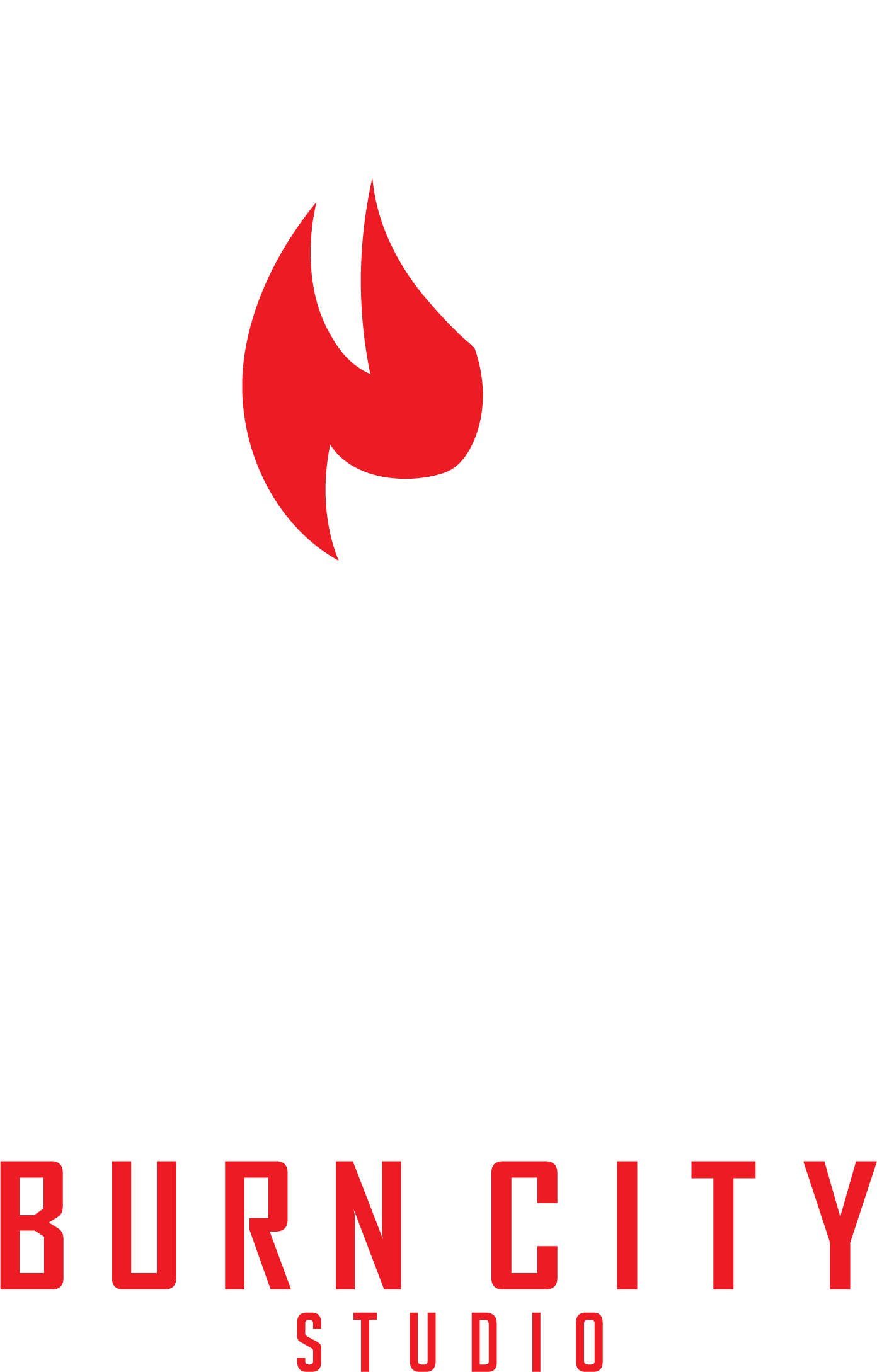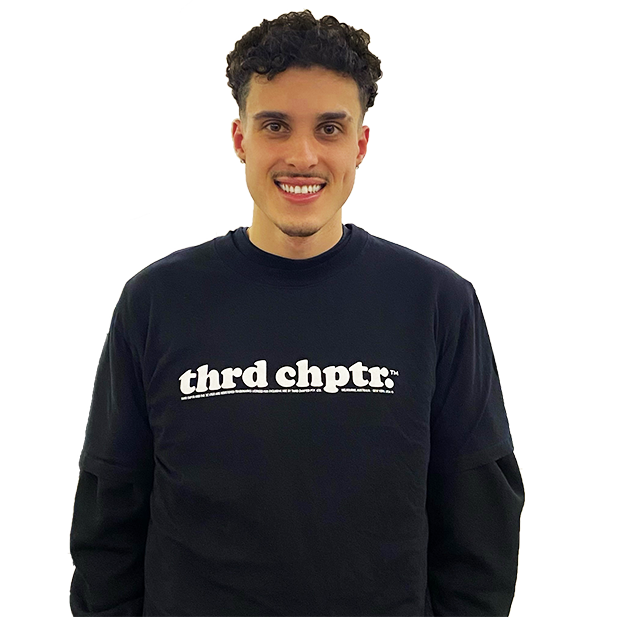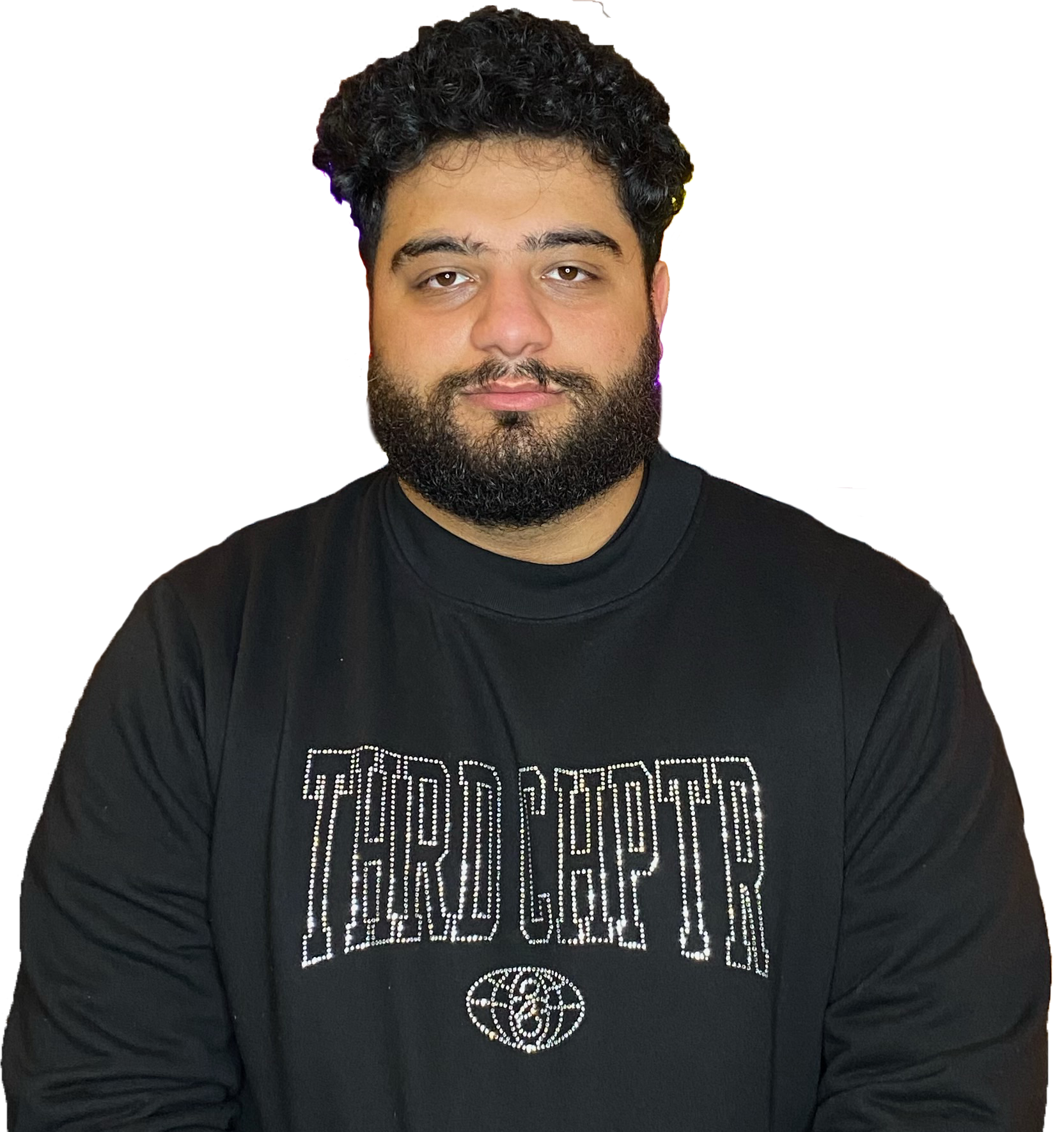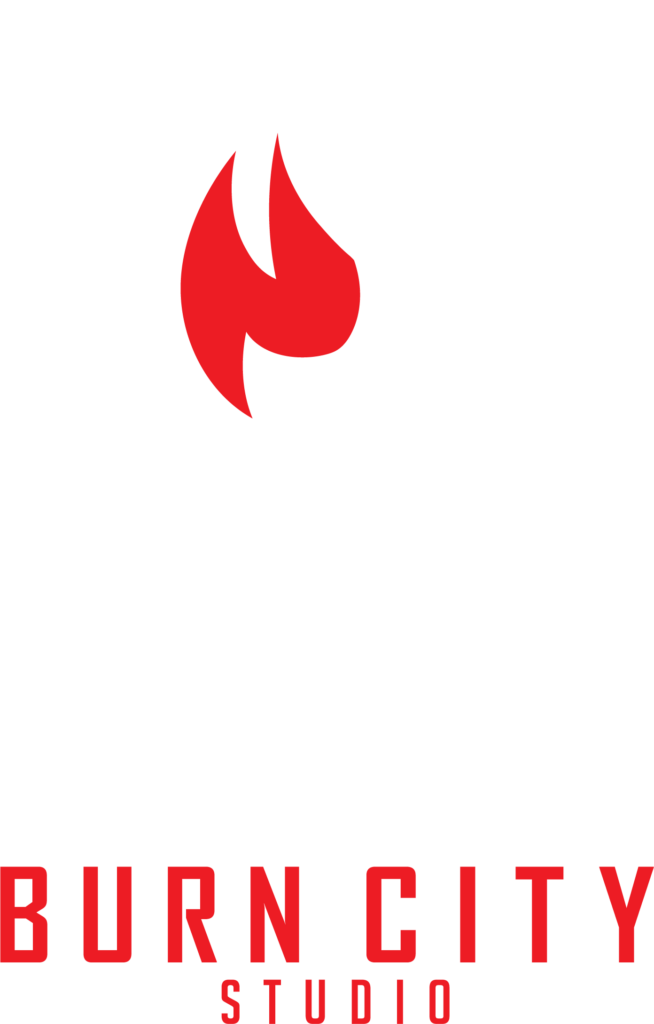©️Copyright 2023 Burncity Studio PTY LTD. All Rights Reserved.
Our City Music Program.
DANIEL ROBERTS
Record & Mixing Engineer
Daniel Roberts is a professional recording and mixing engineer known for his diligent work and ability to bring out the best in his artists.
He has completed a Bachelor’s Degree in Audio Engineering at JMC Academy and as a result has worked with hundreds of artists across Australia.
As a hip-hop, drill, RnB and pop specialist, Daniel understands how to attract the most out of new artists that are looking to find their sound as well as developed artists that are looking to build their sound further.
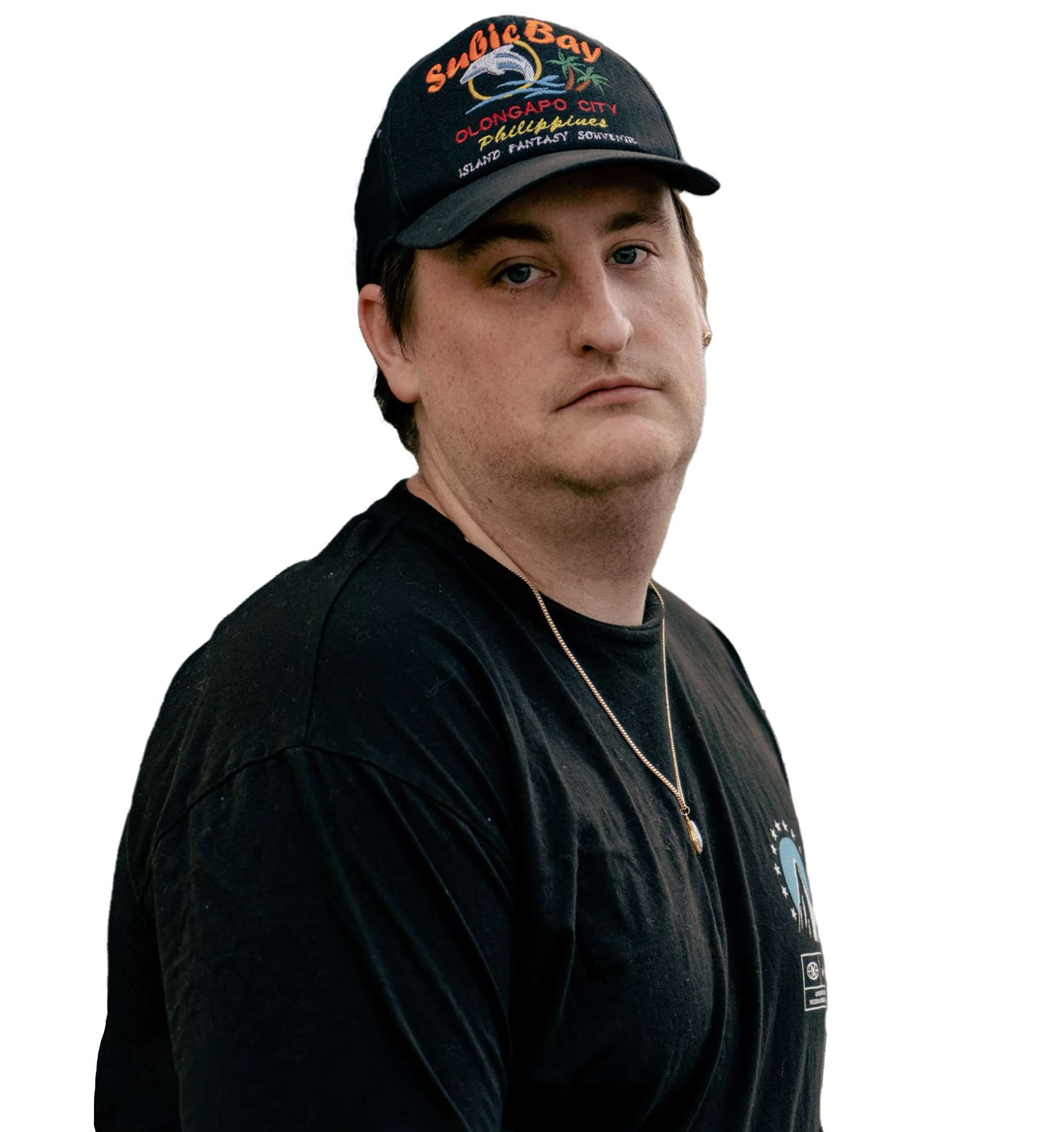
Dom Cork
Multi-platinum recording engineer & producer
Dom Cork is a multi-platinum recording engineer & producer. He has worked on a wide range of projects including Amy Shark’s breakout hit “Adore” and Bliss n Eso’s chart-topping album “Off The Grid”.
Outside of commercial success he works as a youth facilitator at St. Kilda PCYC. This has seen him involved in many projects helping young people in his local community. He holds a bachelor’s degree from SAE Institute and has over a decade of industry experience.
Arad Kian
Multi-Instrumentalist / Beat-maker
Arad Kian has been immersed in music composition since a toddler. At 4, he began his musical journey specialising in piano, guitar and other ethnic and western instruments.
After refining his talent over the past 16 years, Arad has developed a rare gift known as ‘perfect pitch’, which allows him to understand and articulate music on a deeper level. He has worked with many great artists across various genres.
He has been instrumental in the operational side of one of Persia’s most extensive entertainment companies founded by his father. He tours as a guitarist across Australia with the most prominent musicians in Persian, including Babak Jahanbakhst and Evan Band.
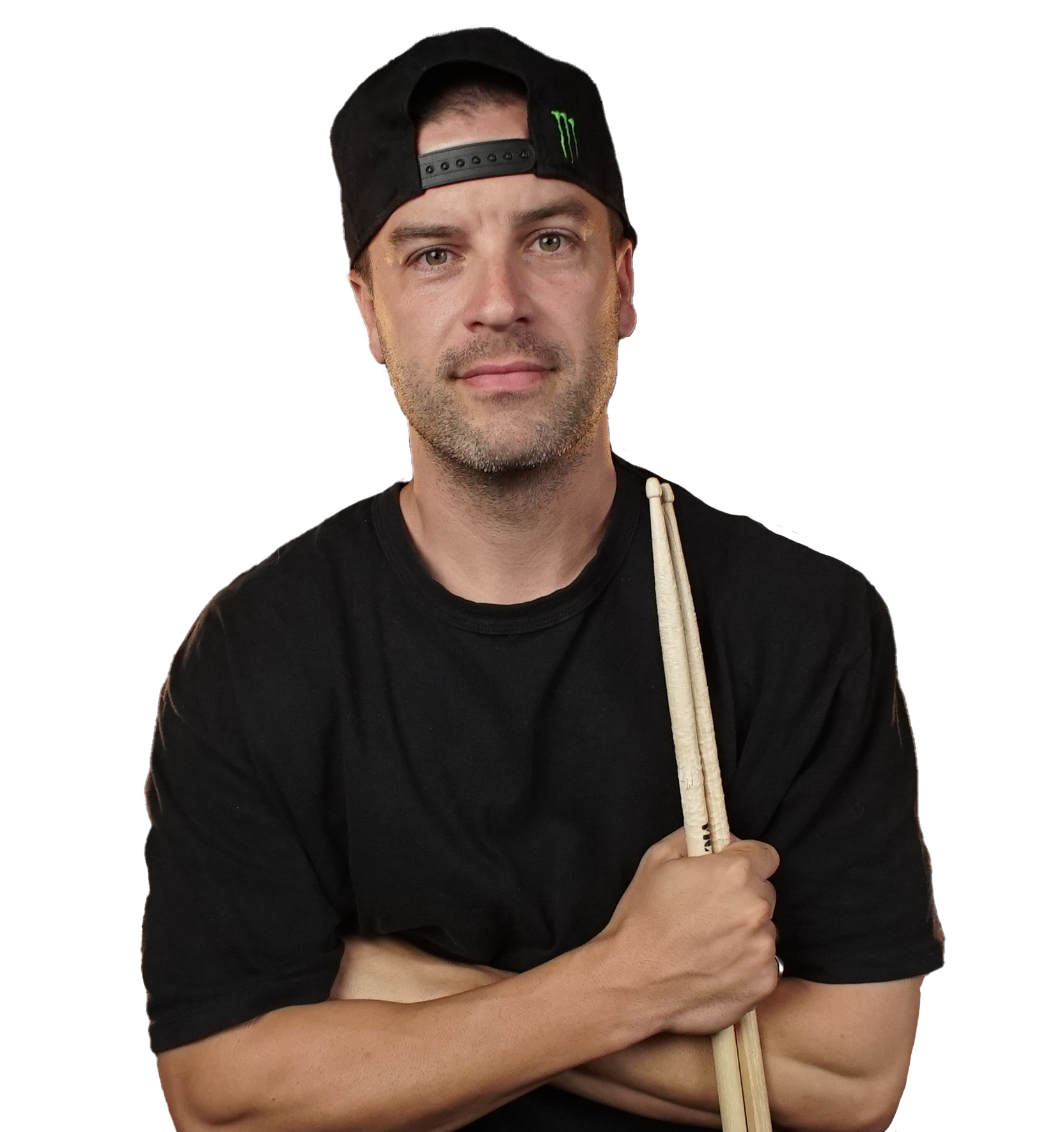
Dan Kerby
Drummer (Bliss N Eso) & Percussion educator.
Dan Kerby is one of Australia’s most prolific drummers and percussion educators. Born and raised in a musical home, Dan became a second-generation drummer at age two when he began following the footsteps of his father. Kerby is bound by no genre, being the drummer of choice for #1 Platinum selling, Australian Hip Hop pioneers ‘Bliss N Eso’, as well as Australian Rock legends ’28 Days’ and USA’s ‘Unwritten Law’ – also boasting Platinum and Gold status respectively.
Dan Kerby solidified his presence in Australian music history with his involvement in Bliss n Eso’s ‘Circus Under The Sky’ 2014 tour, which was the highest selling Australian Hip Hop tour of all time. On top of this, Dan performed a ‘Drum-Off’ with Ben Gordon of Parkway Drive during the Australian X-Open at Melbourne’s Marvel Stadium to 50,000 people – resulting in the highest attended ‘Drum-off’ in Australian history.
Kerby has also featured on high-profile international TV performances with ‘Masked Wolf’ on the Jimmy Fallon and Kelly Clarkson shows playing the #1 Global smash hit ‘Astronaut In The Ocean’. He has also showcased on national live TV performances with J-Kwon performing his global hit ’Tipsy’, and performed with Bliss N Eso and Kasey Chambers on Channel 9’s Broadcast of ‘Music On The Homefront’ to over a million people.
In 2022 Dan alongside Bliss
N Eso headlined the Formula One in Melbourne and performed at the NRL Grand Final which was televised to 5 million + viewers.
Dan Kerby is also the founder and owner of Australia’s largest online drum school ‘DK Drums Academy’ where he teaches and mentors emerging talent. Dan is proudly backed by global leaders of percussion Pearl Drums, Zildjian Cymbals, Vic Firth Sticks, Remo Drumheads, Roland Electronics and Audix microphones.
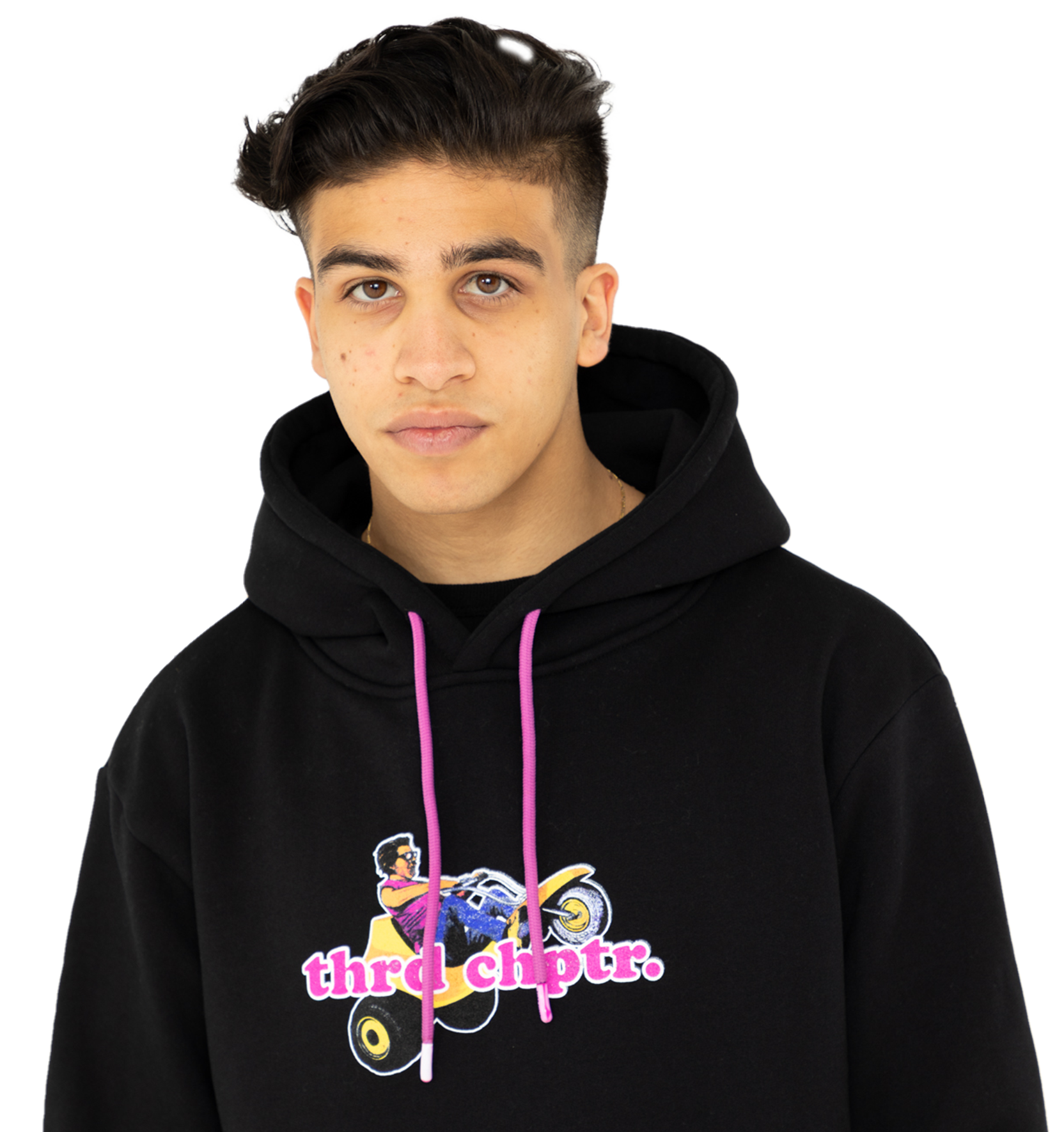
Omar Kamar
Studio Engineer
Omar is the Founder & CEO of Burncity Studio. Founded in 2019 from a home studio in the south-eastern sub- urbs of Melbourne, Burncity Studio is now a professional recording space in Prahran.
Omar was educated at JMC academy and achieved a HD average in his bachelor’s degree of audio engineering. He has worked on various projects with his local community and has found success in producing music for hundreds of artists across Melbourne, Brisbane, Sydney and Adelaide and has hosted many international and local artists, including Aitch, HP Boyz, William Singe, TJ Mizell, Auz the kid and many more.
Breif Unit Overview.
The following program will equip students with key knowledge about songwriting, recording techniques and how a professional recording studio works which are crucial skills to implement and develop as a professional recording artist. The key areas of focus will be planning, production, recording and reflection.
Students will be required to fill out worksheets during studio sessions, detailing their ideas before beginning the songwriting process. After planning is complete, they will spend the majority of the unit carefully constructing their song, using an industry-standard song structure. Whilst writing their songs, they will be educated about audio formats and engineering terms that are essential to crafting the sound of their song. After they have written their songs, they will be allowed to have their song professionally recorded, mixed and mastered. They may choose to record the song themselves or delegate it to an artist from Burncity Studio to record it for them.
LEARNING OUTCOMES.
- Use cognitive and creative skills to plan and structure the songwriting process.
- Successfully write and co-produce a song at a commercial level.
- Demonstrate knowledge related to music recording and production processes.
- Exercise critical thinking and judgment in arranging and shaping a song.
- Review and analyse the outcomes of a project.
Detailed Unit Description.
Planning.
Students will learn an effective method for planning the songwriting process which will help increase their creative output. The planning process will explore 2 activities namely; musical aesthetics and creative intention.
Musical Aesthetics.
Students will be required to pick 3 songs to be used as reference tracks when writing their songs. They will also be required to fill out a worksheet that will ask them to describe 3 elements they liked from each song. This task will help give the students creative direction and inspiration for the song they are about to write.
Creative Intention.
Students will be required to continue completing the worksheet they’ve been given which explores their intention for creating their song (their ‘why’). They will be summarising what the purpose of the song is, who their audience is and how they are going to relate to their audience.
Audio Formats.
Students will learn the differences between mp3 and WAV file formats, this knowledge will help them distinguish between high and low-quality audio formats to prevent complications and misunderstandings when interacting with studios or music professionals in the future.
Understanding Rhythm.
Stuedents will be provided with a solid foundation in drumming, rhythm, beat making, counting, note value, and its relevance to hip hop. By the end of the unit , they will have the skills and knowledge to create their own hip hop beats and express themselves through music with more of an understanding of the importance of rhythm both in the beat and the delivery of their vocal phrasing.
Introduction to Drums & Rhythm .
Students will get an introduction to the drum kit and all of it’s components. They will practice listening to different beats and distinguishing the elements of beat alongside the different sounds from different parts of the drum kit.
They will also learn about time signatures and how they affect rhythm and the overall feel of a song.
Beat Making & Counting.
Students will learn and understand the role of the drum beat in music production as well as learn how to manipulate and create drum loops (2 bar patterns, 4 bar patterns etc). They will learn and practice counting and keeping time with a beat.
Note Value and it's relevance to Hip Hop.
Students will understand note values and how they are used in drum notation and rapping (vocal phrasing & articulation). They will learn the importance of rhythm and timing in Hip Hop music through analysis of popular songs and practice.
Production.
The production process will consist of understanding song structure, recording techniques and audio FX which will all contribute to shaping the sound of their song.
Song Structure.
Students will learn in detail, the fundamental elements of structuring and arranging a song, via lectures and slides. The content discussed will be Intro, verse, pre-hook, hook, bridge, outro and examples of professional work that has implemented these ideas.
Recording Techinques.
Students will be taught to incorporate various recording techniques when writing their songs, such as tone, cadence, doubles, harmonies and ad-libs. They will also be introduced to several vocal warm-ups to ensure they achieve the best performance when recording their songs.
Processing Effects.
Students will explore fundamental audio FX such as reverbs, delays, flangers and pitch shifting so that they can expand their audio vocabulary and unlock new ways of thinking about music which will ultimately influence their songwriting.
Recording.
Students will be given the opportunity to have their songs professionally recorded by either themselves or they can elect an artist from Burncity Studio to record for them.
Self Recording.
If the students request to record the song themselves, they will be produced as professional artists and have the opportunity to implement vocal warm-up, recording techniques and audio FX throughout the recording process ultimately shaping the sound of the song.
Another Artist.
If students pick another artist to record their song, they will sit in on the recording session as a co-producer where they’ll be allowed to tell the artist how to sing the song by implementing knowledge about recording techniques and audio FX.
Evaluation.
After the song has been mixed and mastered by the engineer, students will receive a copy of the song and will be asked to write a short reflection. The reflection will be in the format of the gibs reflective cycle, with questions prompting them to evaluate their work.
Benefits of Learning Outcomes.
Musical aesthetic & creative intentions:
Allows students to research their interests and set goals in attaining that interest. This also teaches students to be intentional about the tasks they are performing by declaring their reasons as to why they are writing their song, whom they are writing to and how they can relate to them.
Understanding your demographic and thinking of ways to engage and relate with them is a crucial skill when dealing with any form of public relations or communication between employees, investors, classmates etc.
Audio formats:
Understanding how audio formats work in context with a professional studio can be useful to help students when interacting with producers, engineers and composers. Audio formats are commonly used within the music industry and it is important to know which audio formats students should be working with and which audio formats they should stay away from. This will also help students when uploading their music to streaming services and pitching for playlists or radio stations as all these platforms require a particular industry-standard file format.
Song Structure & Recording techniques:
Whether producing music or performing music, song structure and recording techniques are the foundation of any creative process used in the studio. Equipping students with this knowledge will give them a strong understanding of how songs are made from an industry perspective. This will allow the students to feel more confident when collaborating creatively with another artist as they already have a strong foundation of how the production process works.
Audio FX:
Understanding various audio FX will unlock the potential for students to think differently when approaching the creative process, when equipped with the knowledge of audio terminology they will be able to communicate new ideas effectively with producers, musicians and engineers. This will also encourage collaboration as students will be able to succinctly deliver their ideas using this terminology.
Recording:
Students will be given a rare opportunity to see how a professional studio session operates whilst recording a song that they wrote, encouraging them to feel inspired and accomplished. This experience will give them an opportunity to increase their social interaction skills as they communicate their ideas to the artist/producer detailing how they wish the song to sound. It will allow students to understand what it feels like to communicate using specific terminology in a professional environment.
Evaluation :
The evaluation report will help students reflect on their progress and understand how they can use this reflection to improve for future events. This reflection process is a vital life skill used to bring about development and progression. The program encourages a thorough reflection report to ensure that the students are aware of this process.
Weekly Topic Structure.
Day 1
Topic: Musical Aesthetics & Creative intention
Task/Activity: Identify creative direction and musical aesthetic
Day 2
Topic: Groove & Flow with Dan Kerby (Bliss N Eso): Rhythmic Lessons and Hip Hop Phrasing
Task/Activity: Understanding Rhythm
Day 3
Topic: Audio Formats, Song Structure: Pre-hook & Hook
Task/Activity: Song writing
Day 4
Topic: Recording techniques: Harmonies & Adlibs, Tone, Doubles & vocal warmups.
Song Structure: Intro/Outro & Verse
Task/Activity: Song writing
Day 5
Topic: Audio FX: Reverb & Delay Flanger & Pitch shifting
Song Structure: Bridge.
Task/Activity: Song writing
Day 6
Topic: Catchup Lesson/go over content.
Task/Activity: Song writing
Day 7
Topic: Recording Session: Self-recording or Co-producing, Project Evaluation.
Task/Activity: Recording/Producing
Week | Day | Topic | Task/Activity |
|---|---|---|---|
1 | 1 | Musical Aesthetics & Creative intention | Identify creative direction and musical aesthetic |
1 | 2 | Groove & Flow with Dan Kerby (Bliss N Eso): Rhythmic Lessons and Hip Hop Vocal Phrasing | Understanding Rhythm |
2 | 3 | Audio Formats, Song Structure: Pre-hook & Hook | Song writing |
2 | 4 | Recording techniques: Harmonies & Adlibs, Tone, Doubles & vocal warmups.
| Song Structure: Intro/Outro & Verse | Song writing |
3 | 5 | Audio FX: Reverb & Delay Flanger & Pitch shifting
| Song Structure: Bridge. | Song writing |
3 | 6 | Catchup Lesson/go over content. | Song writing |
4 | 7 | Recording Session: Self-recording or Co-producing, Project Evaluation. | Recording/producing |
All classes apart from recording sessions will include a 45min lecture, 15min break and a 1hr practical.
Curriculum.
Day 1: Planning.
- Duration: 3hrs
- Time: 12pm - 3pm
Time | Item |
|---|---|
12pm – 12:30pm | Slideshow Presentation (Lecture). |
12:30 – 1pm | Filling out worksheet. |
1pm – 1:30pm | Lunch. |
1:30 – 3pm | Completing worksheets, brainstorming lyrics for the song and
finding a backing track for their song. |
Day 2: Groove & flow with dan kerby (bliss n eso): Rhythmic lessons and hip hop vocal phrasing.
- Duration: 2hrs
- Time: 3:30pm - 5:30pm
Time | Item |
|---|---|
3:30 – 4pm | Introductions to Drums and Rhythm. |
4pm – 4:30 | Beat Making and Counting. |
4:30 – 5pm | Note Value and it’s Relevance to Hip Hop. |
5pm – 5:30 | Final Outcome. |
Day 3: Pre-hook & Hook (Chorus).
- Duration: 3hrs
- Time: 12pm - 3pm
Time | Item |
|---|---|
12pm – 12:30pm | Slideshow Presentation (Audio formats, Pre-hook and Hook). |
12:30 – 1pm | Exploring ideas for Pre-Hook and Hook. |
1pm – 1:30pm | Lunch. |
1:30 – 3pm | Finish writing Pre-hook and hook. If there’s time left over start
discussing how a verse works. |
Day 4: Intro & Verse.
- Duration: 3hrs
- Time: 12pm - 3pm
Time | Item |
|---|---|
12pm – 12:30pm | Slideshow Presentation (Recording techniques, Intro & verse). |
12:30 – 1pm | Exploring ideas for intro and verse. |
1pm – 1:30pm | Lunch. |
1:30 – 3pm | Finish writing intro and verse. If there’s time left over start bridge. |
Day 5: Bridge & Audio Effects.
- Duration: 3hrs
- Time: 12pm - 3pm
Time | Item |
|---|---|
12pm – 12:30pm | Slideshow Presentation (Bridge & Audio Effects). |
12:30 – 1pm | Exploring ideas for bridge and how the use of audio effects can help. |
1pm – 1:30pm | Lunch. |
1:30 – 3pm | Finish writing bridge. |
Day 6: Catch-up lesson.
- Duration: 3hrs
- Time: 12pm - 3pm
Time | Item |
|---|---|
12pm – 12:30pm | Answering any questions or clearing up confusion with
coursework. |
12:30 – 1pm | Continue working on the song or if students are ahead, begin the
recording session. Recording sessions would have been booked
prior to the day 5 class. |
1pm – 1:30pm | Lunch. |
1:30 – 3pm | Working on song/recording session. |
Day 7: Recording Session.
- Duration: 3hrs
- Time: 12pm - 3pm
Time | Item |
|---|---|
12pm – 12:30pm | Recording Session. |
12:30 – 1pm | Recording Session. |
1pm – 1:30pm | Lunch. |
1:30 – 3pm | Recording Session. Evaluation/Reflection worksheet (Gibs
Reflective Cycle) |
